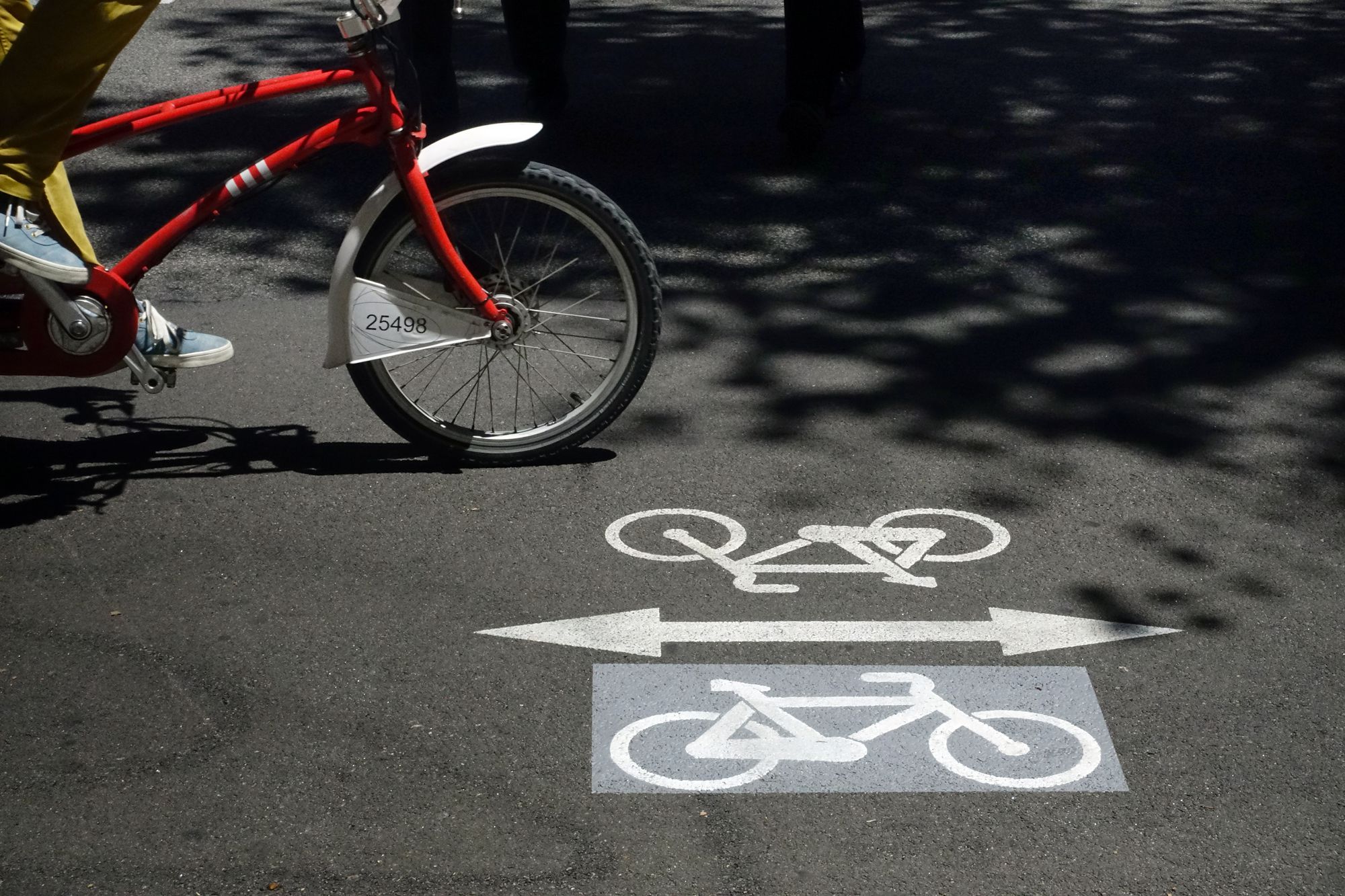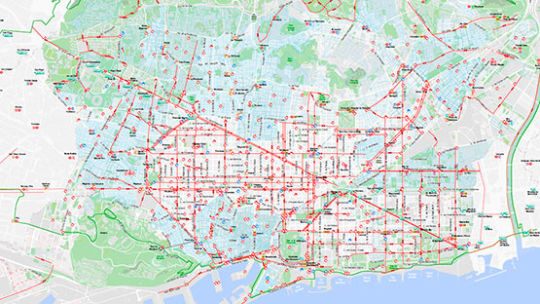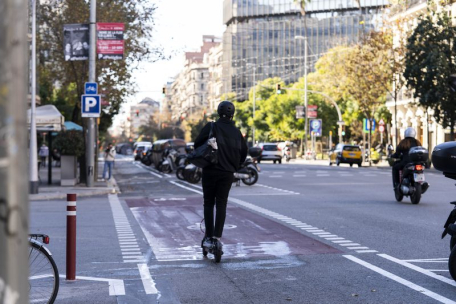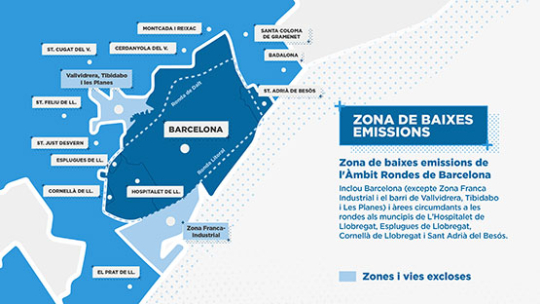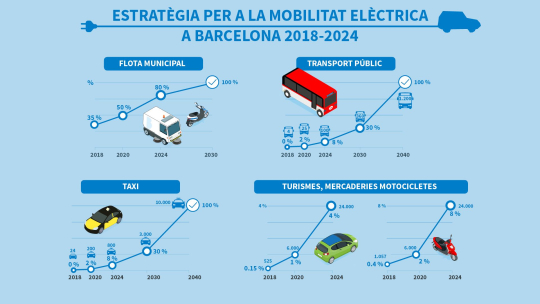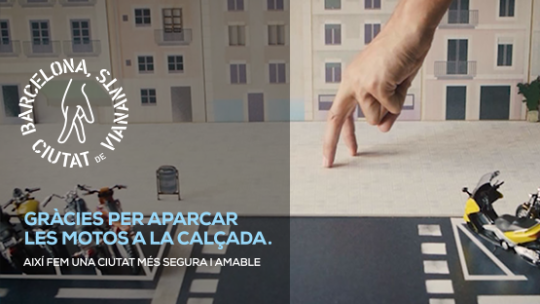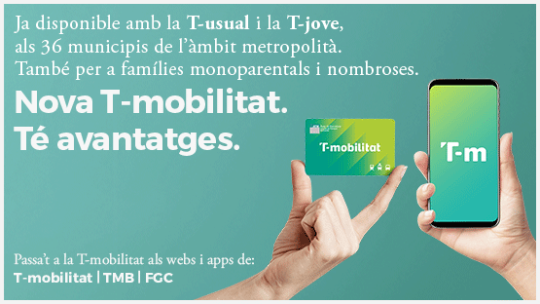Home
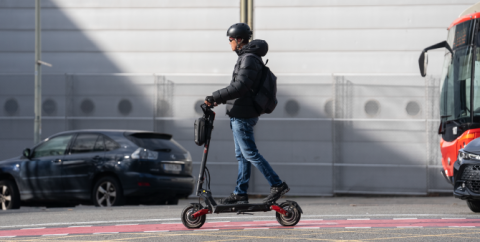
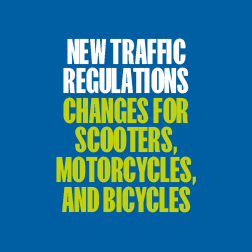
Safe mobility
Infringing regulations leads to fines and puts peaceful coexistence at risk. Making the city a safer place.
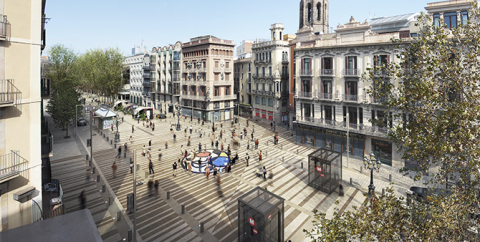

Mobility disruptions due to la Rambla Works
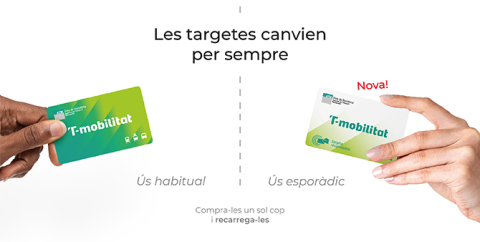
Transport cards change forever
Integrated public transport tickets will only be available on T-mobilitat.
Pedestrian spaces and bicycle
Latest news
Ajuntament Actualitat Llistat
-
 20/12/2024 - 12:10 h Preventive warning for PM10 pollution deactivated
20/12/2024 - 12:10 h Preventive warning for PM10 pollution deactivatedThe stations belonging to the Atmospheric Pollution Monitoring and Forecast Network have recorded a drop in levels of particulate matter (PM10), allowing the warning to be deactivated.
-
 19/12/2024 - 12:06 h Environment and sustainability Activation of preventative warning stage for high levels of PM10
19/12/2024 - 12:06 h Environment and sustainability Activation of preventative warning stage for high levels of PM10Municipal services are taking preventative measures, such as more intense watering down of streets and avoiding the use of air blowers.
-
 12/12/2024 - 13:06 h Start of disruptions around Plaça dels Àngels for work on the MACBA and the CAP Raval Nord
12/12/2024 - 13:06 h Start of disruptions around Plaça dels Àngels for work on the MACBA and the CAP Raval NordThe first stage of work to enlarge the MACBA gets under way in the middle of January and will occupy part of the square.
-
 12/12/2024 - 10:41 h Disruptions to mobility in C/ Comte Urgell between Hospital Clínic and Francesc Macià
12/12/2024 - 10:41 h Disruptions to mobility in C/ Comte Urgell between Hospital Clínic and Francesc MaciàTraffic restrictions from January for work to extend the L8.
Most searched services
A CITY FOR WALKING OR CYCLING IN
We’re adapting public space and mobility so that we can get around the city more easily and safely, always using healthy and sustainable means of transport which benefit everybody. We’re working for the city we want.
Getting aroundSafely and sustainably
There are a lot of people in the city and each of us moves around in a different way. We therefore need to know the regulations for each mode of transport that we use.
Barcelona City Council is also promoting infrastructure improvements for each mode of transport, as well as measures to protect the most vulnerable users –bicycle and motorcycle riders and pedestrians–, with regulations that foster peaceful coexistence and safety, to protect ourselves and care for other users.
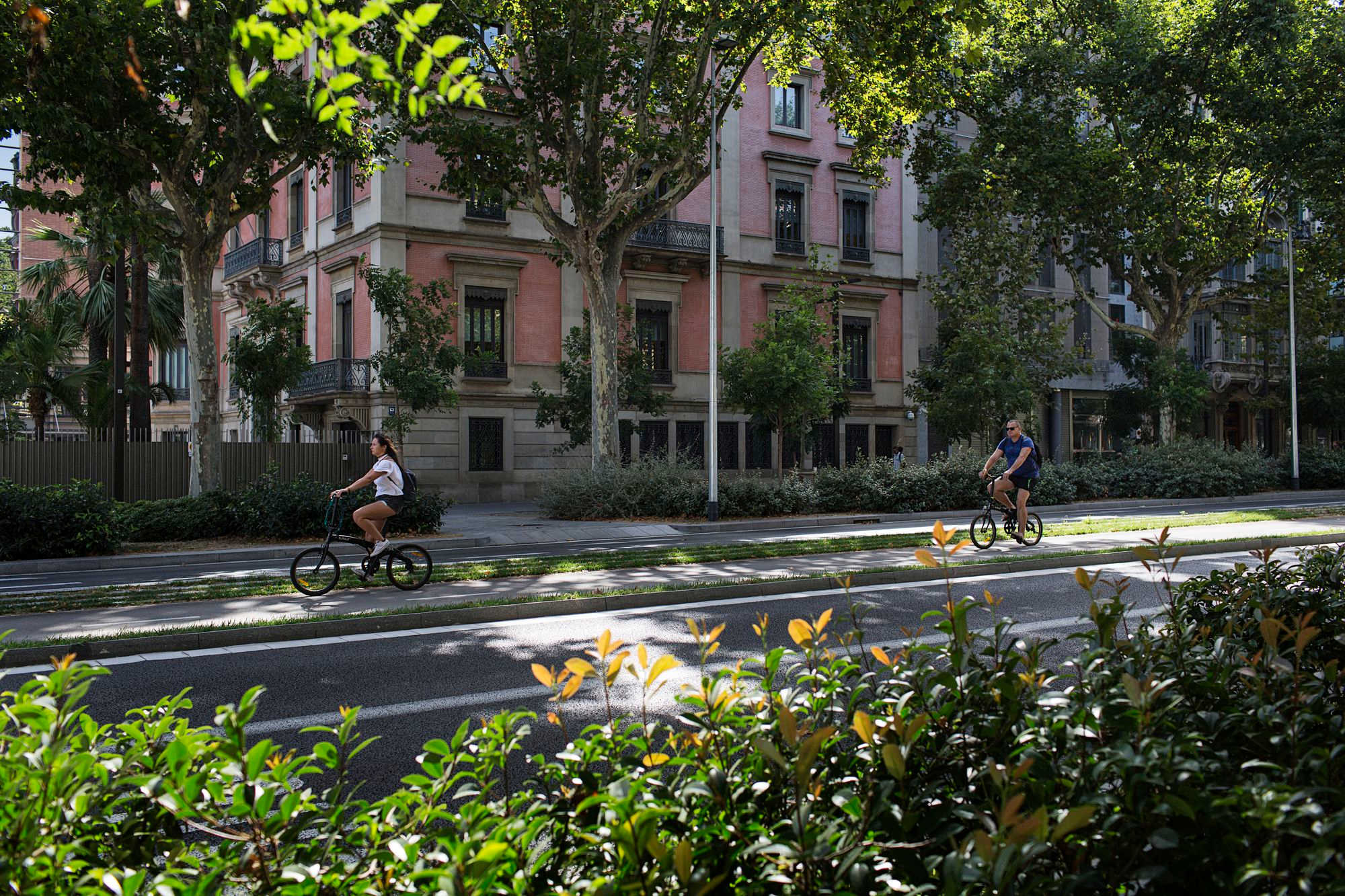
Priority:pedestrians
Pedestrians are at the centre of mobility more than ever now: in Barcelona people get around on foot and enjoy the city.
Walking is the healthiest and most natural way for us to get about. We’re all pedestrians at one moment or another. It’s essential to have traffic-calmed spaces, where we can get around safely with less pollution. Spaces where we can get together, chat, play and stroll. Spaces for enjoying the city.
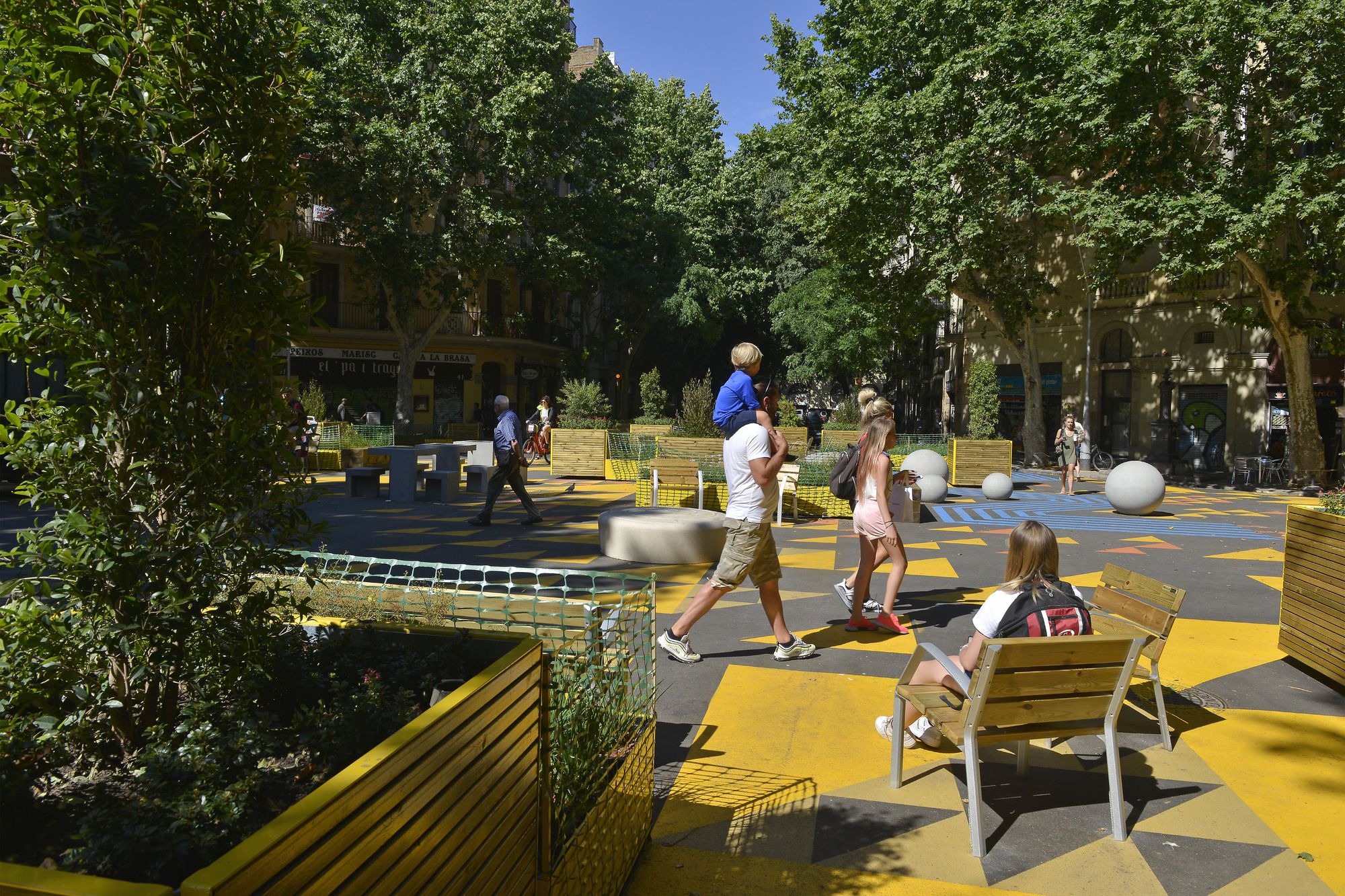
CityHealth
Barcelona is adapting to become a leader in sustainable fume-free mobility.
Fighting climate change and reducing greenhouse-gas emissions is more necessary than ever. Barcelona is making the most of the opportunity to work towards a healthy city, where the right to mobility and the right to a future with clean air coexist.
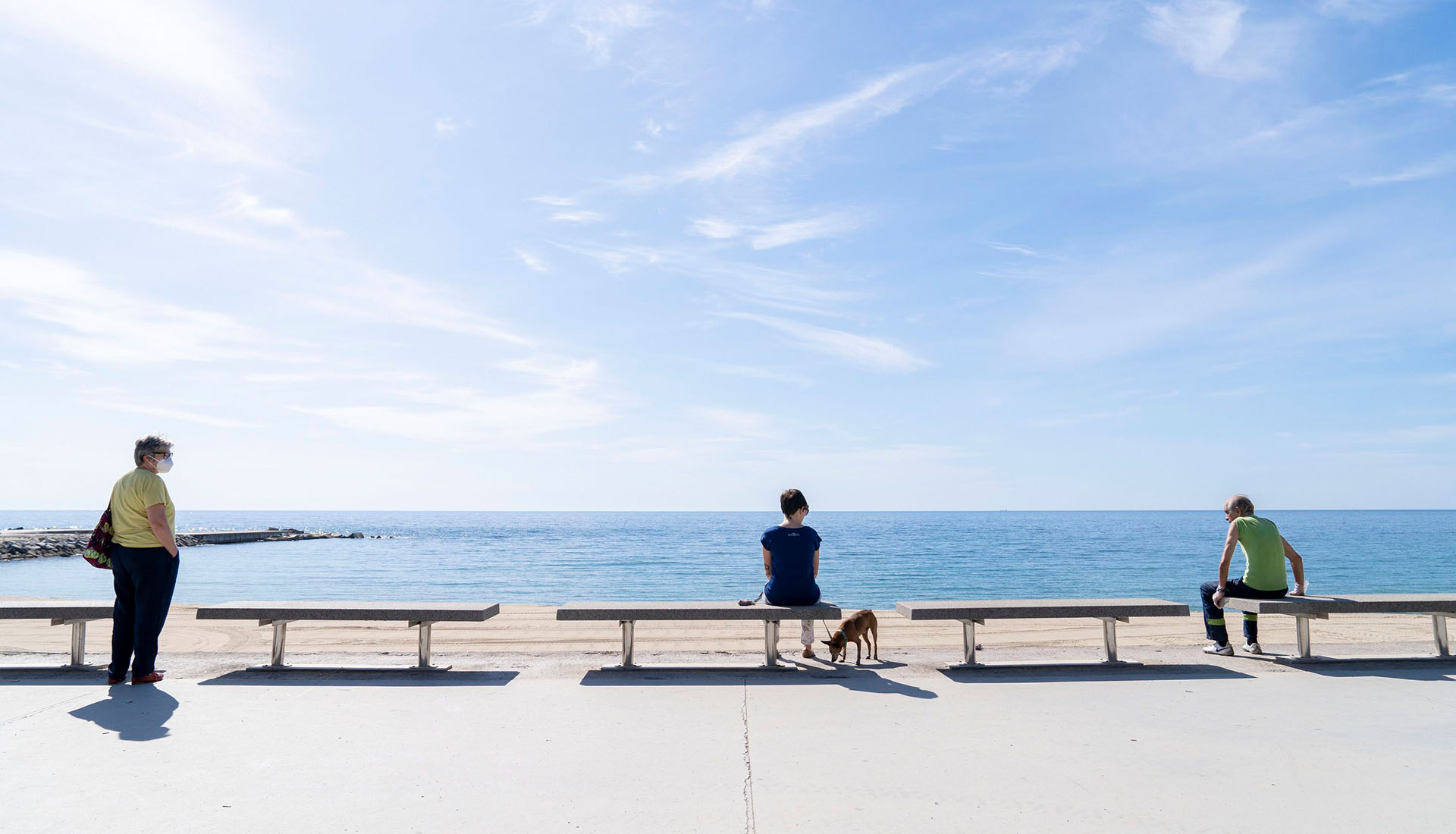
CityCycling
Bike lanes, cycling corridors and streets with 30 km/h speed limits offer spaces where bikes get priority over motor vehicles.
We’re opening up spaces for the bicycle to become the priority means of transport. We're extending the network of bike lanes and guaranteeing journeys around the city by linking street-calmed areas with public transport options so that you can always take your bike with you.
